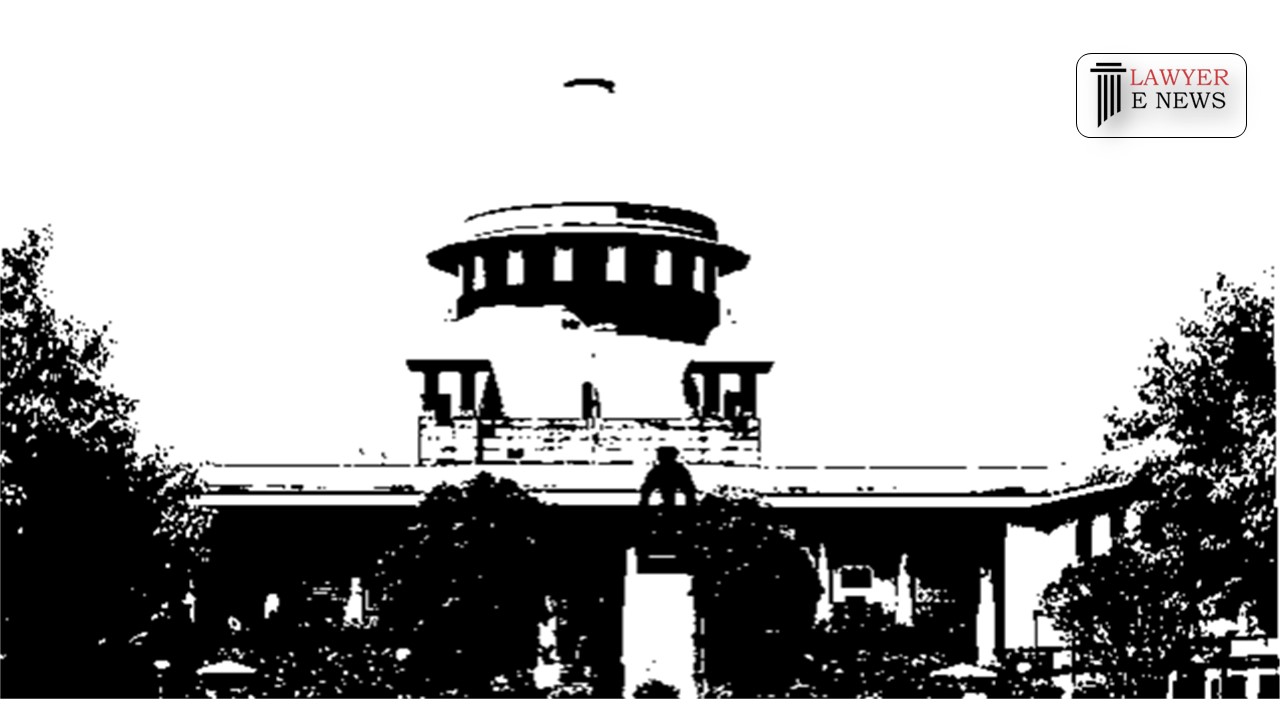-
by Admin
15 February 2026 5:01 PM



In a significant ruling today, the Supreme Court of India overturned the High Court’s decision granting bail to three accused in the Khursheed Ahmad murder case. Justices C.T. Ravikumar and Rajesh Bindal presided over the bench, highlighting the gravity of the crime and the need for judicial circumspection in granting bail in such matters.
The Apex Court’s judgment primarily centered around the legal point of bail in cases involving heinous crimes. The court emphasized the necessity of a thorough examination of the facts and circumstances before granting bail, especially in cases of severe criminal offenses. This principle was applied to the current case, leading to the setting aside of the bail orders previously granted by the High Court.
The case involved the murder of Khursheed Ahmad, for which Abdullah, Nasir, and Muzammil were accused. Initially, their bail applications were rejected by the trial court, but later they were granted bail by the High Court. The appellant, an eyewitness and the brother of the deceased, vehemently opposed these bail orders. The Supreme Court was approached after the bail cancellation of a co-accused, Neyaz Ahmad, indicating a pattern of involvement in a serious crime.
Seriousness of Offence: The Court underscored the severity of the crime, noting that the post-mortem report revealed substantial physical assault leading to Ahmad’s death.
Bail Cancellation Precedent: The cancellation of co-accused Neyaz Ahmad’s bail by the Supreme Court was considered a relevant factor, suggesting a consistent judicial approach towards serious crimes.
Insufficient High Court Analysis: The Apex Court criticized the High Court for granting bail without adequately considering the case’s details and the gravity of the offenses.
Surrender Directive: The Supreme Court ordered the respondents (Abdullah, Nasir, and Muzammil) to surrender within 10 days, while also allowing them the liberty to file fresh bail applications in the future.
Observations Not on Merits: The Court clarified that its observations were for the purpose of deciding this case and should not be construed as a comment on the merits of the underlying controversy.
Decision In conclusion, the Supreme Court allowed the appeals, set aside the impugned orders of the High Court, and directed the cancellation of bail granted to Abdullah, Nasir, and Muzammil. They were ordered to surrender, with the provision to apply for bail afresh at an appropriate stage.
Date of Decision: April 5, 2024
Aqeel Ahmad vs. State of Uttar Pradesh & Another
